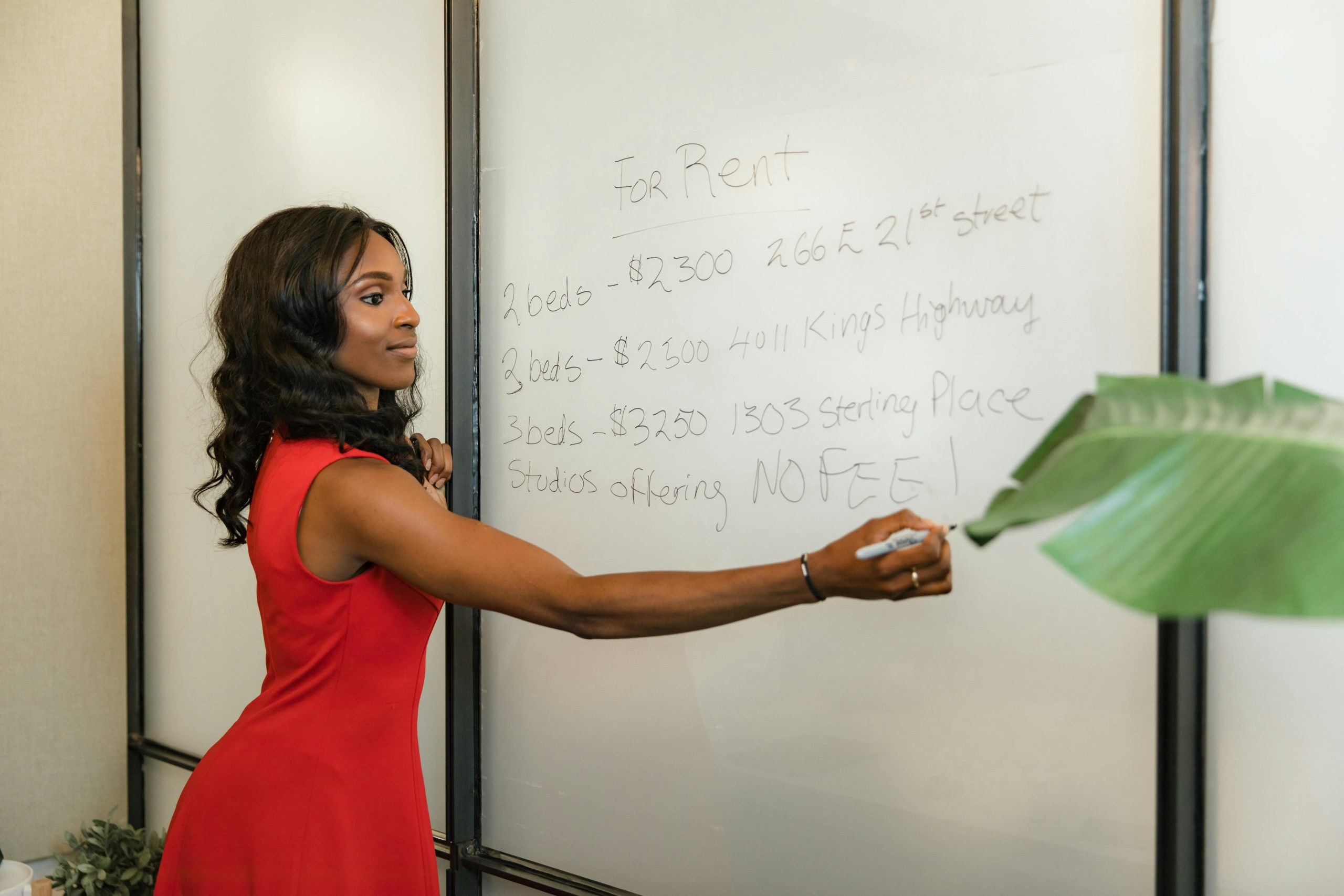Best Practices For Long-Term Rental Property Success
As more and more people choose to rent rather than buy their homes, the demand for long-term rental properties continues to rise. This trend presents a great opportunity for property investors to generate stable income and build wealth over time. However, managing and maintaining a rental property for the long run requires a different approach compared to other real estate investment strategies. In this article, we will discuss the best practices for long-term rental property success to help you achieve maximum returns on your investment.
The Importance of Choosing the Right Location
Location is one of the most critical factors that determine the success of a long-term rental property. A great location ensures steady demand, high occupancy rates, and higher rental income. Look for neighborhoods that are safe, have good schools and amenities, and are close to public transportation. Additionally, do thorough research on the local rental market and determine the average rental rates in the area to ensure your property is priced competitively.
Invest in Property Maintenance
A well-maintained rental property not only attracts high-quality tenants but also helps you retain them in the long run. Regular upkeep and repairs are necessary to keep the property in good condition and avoid expensive repairs in the future. Make sure to address any maintenance requests promptly and conduct routine inspections to identify potential issues before they become major problems. This will not only keep your tenants happy but also increase the value of your property.
Create a Solid Lease Agreement
Your lease agreement outlines the rules and expectations of living in your rental property. A well-written and detailed lease agreement will protect both you and your tenants and help prevent any misunderstandings or disputes. Make sure to cover all important details such as rent amount, security deposit, occupancy limits, pet policies, and late payment penalties. It is also a good idea to include clauses for property maintenance responsibilities and termination procedures.
Screen Tenants Thoroughly
The key to successful long-term rental property management is to find reliable and responsible tenants. Screening potential tenants comprehensively can help you avoid potential problems such as property damage, late payments, and evictions. Conduct background and credit checks, verify employment and income, and ask for references from previous landlords. This will help you make an informed decision and find tenants who are likely to take good care of your property.
Utilize Technology for Efficient Management
In today’s digital age, there are several tools and software available to make the management of your rental property more efficient. Consider investing in property management software that can help you with tasks such as rent collection, lease renewal, maintenance requests, and communication with tenants. This will save you time and streamline your operations, allowing you to focus on other aspects of your investment.
Stay on Top of Legal Requirements
Before renting out your property, make sure to familiarize yourself with the local and state laws and regulations that govern long-term rentals. These may include landlord-tenant laws, fair housing laws, and safety and building codes. Staying compliant with these legal requirements will protect you from potential lawsuits and penalties.
Invest in Insurance
As a long-term rental property owner, it is essential to protect your investment with insurance. Your regular homeowner’s policy will not provide adequate coverage for a rental property. Look for landlord insurance that covers liability, property damage, and loss of rental income in case of unexpected events such as natural disasters, fire, or theft.
Maintain Good Communication with Tenants
Establishing good communication with your tenants is crucial for long-term rental success. Make sure to be responsive to their concerns and address any issues promptly. Regularly check in with your tenants to ensure they are happy and comfortable in the property. This will help you maintain a good landlord-tenant relationship and lead to low turnover rates.
In Conclusion
Owning a long-term rental property can be a lucrative and rewarding investment if managed effectively. By following these best practices, you can attract high-quality tenants, maintain your property, and increase your return on investment in the long run. Remember to always stay informed, utilize technology, and provide a positive experience for your tenants to achieve long-term rental property success.










